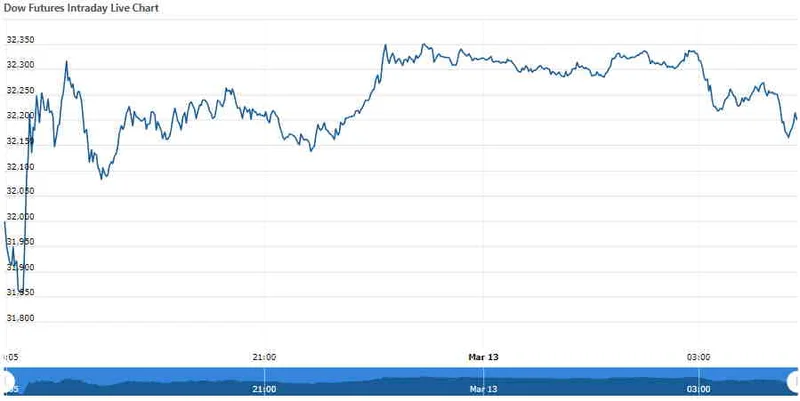You Agreed to What? Deconstructing the Hidden Contract of the Internet
You’ve seen it. That sterile, gray page with the blunt, emotionless text: "Access to this page has been denied." The message suggests you’ve done something wrong—perhaps you’re using an ad blocker, or your browser is a bit too zealous about privacy. It politely informs you that to proceed, you must enable cookies and Javascript.
Most people see this as a technical glitch, a minor annoyance to be clicked away. But it’s not a glitch. It’s a gatekeeper. It’s the digital equivalent of a bouncer telling you that you can’t enter the club without wearing the mandatory, location-tracking wristband. This isn’t a negotiation; it’s a condition of entry. And the document that outlines the terms of this surveillance—the sprawling, unread cookie policy—is one of the most important and least understood contracts of the modern age.
We click “Accept All” with the reflexive speed of a driver hitting the snooze button. But what are we actually agreeing to? Using a standard corporate policy, like the one from NBCUniversal, as a blueprint, we can dissect the architecture of this silent agreement. It’s a system less about baking cookies and more about building a meticulously detailed, permanent record of your digital existence.
The Architecture of Observation
At first glance, a cookie policy is a masterclass in obfuscation through categorization. It’s not just "cookies." It's "Strictly Necessary Cookies," "Information Storage and Access," "Measurement and Analytics," "Personalization Cookies," "Content Selection," and "Ad Selection." The sheer volume of classifications is designed to induce a state of cognitive overload. The user is presented with a dozen different levers, all of which seem vaguely important but functionally indistinguishable.
The core of the system, however, is the split between first-party and third-party cookies. Think of it like this: a first-party cookie is the proprietor of a shop you're in, making a note that you looked at the blue sweaters. It’s a direct, contained observation. A third-party cookie is a stranger standing in the corner of that same shop, writing down that you looked at the blue sweaters, then following you to the bookstore next door and noting you picked up a travel guide to Italy, then to the cafe where you ordered a cappuccino. This stranger doesn't work for any of the shops, but they sell their complete dossier on your afternoon to anyone who will pay.
This is the real engine of the data economy. I've looked at hundreds of these data-sharing agreements, and the language is always crafted for maximum flexibility. Phrases like "to apply market research to generate audiences" or to "provide further insights across platforms and devices" are contractual blank checks. They allow for the creation of a persistent, ghost-like profile of you that follows you from your laptop to your phone to your smart TV. This profile doesn't just know what you've bought; it's designed to calculate what you might buy, what you might believe, and how you might vote.

The entire apparatus is a marvel of distributed data collection. It’s a ledger of your behavior, with each website visit and ad interaction logged as a new transaction. The policy notes that third parties "collect and use this information pursuant to their own privacy policies." This is a crucial detail. By accepting one company’s policy, you are implicitly accepting the downstream policies of dozens, if not hundreds, of other entities you’ve never heard of (the policy lists Google, Facebook, and Liveramp, but clarifies this is not an "exhaustive list"). So, the fundamental question isn't just "what data is being collected?" but rather, "who are the countless, unnamed business partners who now have access to it?"
The Illusion of Control
The second half of any cookie policy is dedicated to creating the impression of user empowerment. It presents a labyrinth of opt-out mechanisms: browser controls, analytics provider opt-outs, Flash cookie managers, and links to various "Digital Advertising Alliances." It’s an exhaustive list that, in practice, amounts to a Sisyphean task.
Imagine sitting in a quiet room, the only light coming from the blue glow of your monitor. The faint hum of the laptop fan is the only sound as you click a link to "opt out." It takes you to a new page with a list of 150 ad-tech vendors, all with checkboxes set to "on." You spend five minutes clicking "off," then submit. You’ve only opted out on this single browser, on this one device. Your phone is still fair game. So is your work computer. And many of these opt-outs are themselves cookie-based, meaning if you ever clear your browser data, you've just reset your own privacy settings and must start the whole tedious process over again.
This system isn't designed for your convenience; it's a form of compliance theater. It exists to fulfill a legal requirement for "consent" while ensuring that the percentage of users who successfully navigate the maze is statistically insignificant. The number of people who will individually visit the opt-out pages for Google, Omniture, Mixpanel, Facebook, Twitter, and Liveramp is likely close to zero—about zero, to be more exact, it's a rounding error in any user base analysis.
Furthermore, the language contains a critical caveat. Opting out of "interest-based advertising" doesn't mean you opt out of ads or even tracking. The policy clearly states, "Information may still be collected and used for other purposes, such as research, online services analytics or internal operations." You’re simply switching from personalized surveillance to generalized surveillance. The camera is still on; it's just recording in a wider angle. The value exchange remains fundamentally asymmetrical. You grant access to an immense stream of personal data (your browsing habits, your location, your device identifiers) in exchange for… a slightly more relevant banner ad. Does anyone really believe this is a fair trade?
Your Data Isn't Yours to Control
The entire debate around cookie consent and privacy settings is a carefully constructed diversion. It’s focused on the tactical minutiae of opt-out links and browser settings, making us believe we have agency in the process. We don't. The moment you connect to a service, your presence, attention, and behavior are monetized. The cookie policy isn't a contract to be negotiated; it’s a liability waiver for the corporation harvesting that data. The choice you’re given is not whether your data will be collected, but only what flavor of advertising you’ll see as a result. By the time you find the “Cookie Settings” link buried in the footer of a website, the transaction is already complete. The asset—your profile—has already been logged, analyzed, and prepared for liquidation in the programmatic ad markets. You were never in control in the first place.









